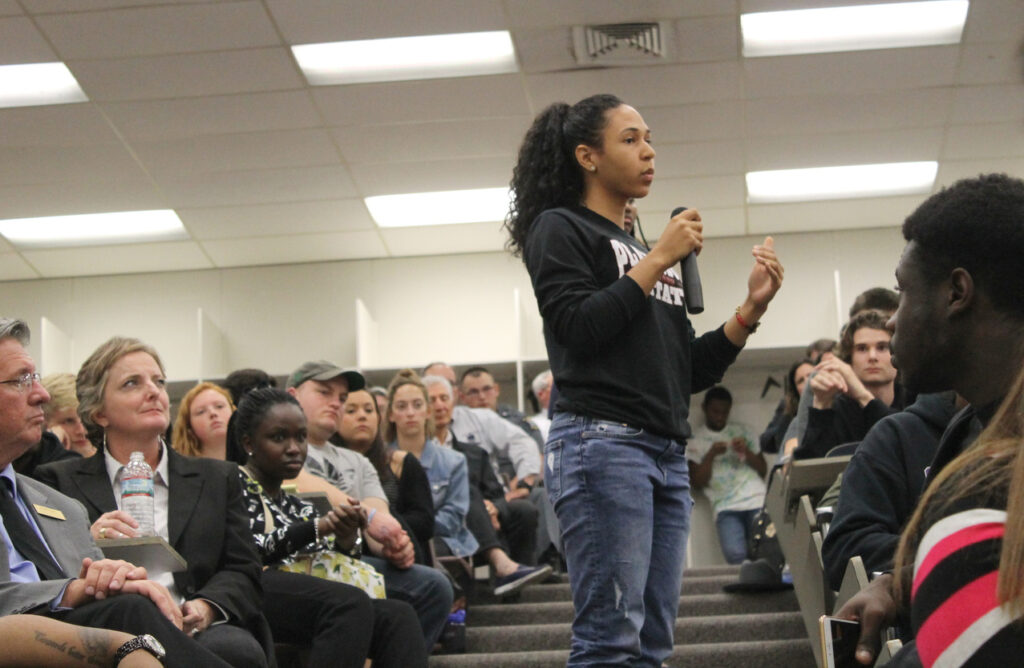
Navigating the Waters: 6 Proactive Strategies to Avoid Disputes with Local Government
In the complex realm of local governance, it’s not unusual for conflicts to arise between individuals, businesses, and local government authorities. These conflicts can arise from various issues, from zoning disagreements to regulatory compliance. However, many of these disputes can be prevented with proactive strategies, fostering a harmonious relationship between citizens, businesses, and government bodies.
Understanding Local Regulations and Compliance
Understanding and adhering to local laws and regulations is the cornerstone of avoiding disputes. This understanding includes zoning laws, business permits, health and safety standards, and environmental regulations. Parties should take the initiative to educate themselves about these requirements, which are often complex and subject to change. Staying informed and compliant is more than a legal obligation; it’s a step toward building a positive relationship with local government entities.
Open Communication and Early Engagement
Open lines of communication are crucial in preventing misunderstandings that can escalate into disputes. Parties should not hesitate to contact local government officials to clarify regulations or discuss potential issues. Early engagement, especially in project planning stages, can preempt conflicts by ensuring all parties are on the same page from the outset.
Utilizing Mediation and Conflict Resolution Services
Sometimes, despite best efforts, disagreements arise. Exploring mediation and conflict resolution services is beneficial in such cases before the situation escalates into a formal dispute. These services provide a neutral platform where both parties can discuss their concerns and work towards a mutually acceptable solution. This approach is often less adversarial (than litigation, for example) and can preserve a positive working relationship between the parties and the local government.
Community Involvement and Feedback
Active participation in community meetings and public forums is another way to avoid disputes. These platforms offer an opportunity to voice concerns, provide feedback, and understand the perspectives of local government officials and other community members. Being involved in community affairs helps stay informed and shape policies and decisions directly affecting the parties.
Professional Advice and Representation
In complex situations, seeking professional advice or representation can be wise. Lawyers, urban planners, or regulatory consultants can provide expert guidance on navigating the local government landscape. They can assist in ensuring compliance, representing interests in discussions with government bodies, and advising on the best action to avoid potential disputes.
Flexibility and Compromise
Finally, a willingness to be flexible and open to compromise can go a long way in avoiding disputes. Understanding that the local government also operates within certain constraints and has the community’s broader interests at heart can help find common ground and resolve issues amicably.
Avoiding disputes with local government is mainly about proactive engagement, understanding, and communication. By staying informed, actively participating in community affairs, and being open to dialogue and compromise, parties can navigate local government interactions more smoothly, fostering a collaborative and constructive relationship with the governing bodies that shape our communities.
–Sarah
P.S. You should really Sign up for the mailing list.
